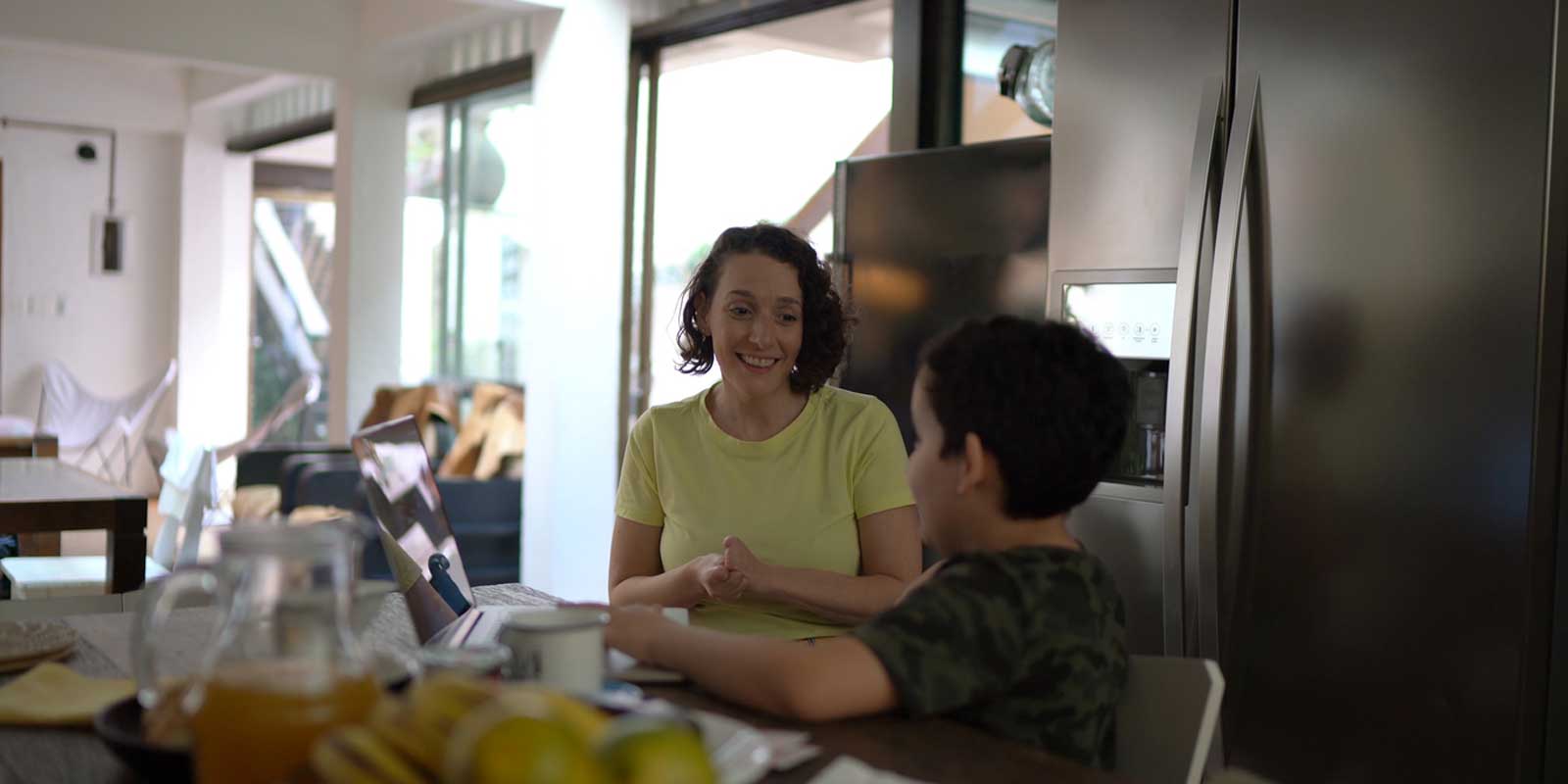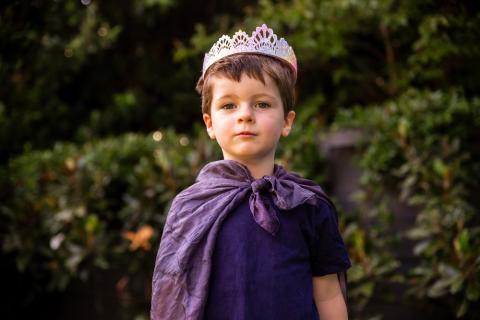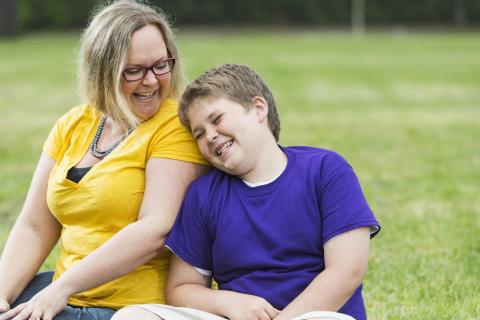You may think your children are too young to understand the idea of consent in a relationship. But it’s never too early to start talking about the importance of asking permission before we do something that affects someone else. And it’s vital that children know that it’s okay to say no if someone wants them to do something that makes them feel uncomfortable.
What is consent?
Consent means asking someone’s permission to do something. We often think of consent in relation to having sex, but it’s more than that, it’s about:
- asking permission to do things that affect someone else and respecting their response
- knowing you can say no about something that affects you.
To help your child get to grips with the idea of consent, it’s a good idea to encourage them to ask for permission for things and understand and accept when the answer is yes or no.
How do I talk to my child about consent?
Younger children
At nursery and school your child will learn that they are ‘the boss of their body’. This is an important message that helps keep them safe from abuse – you can find out more about this on our page on talking to your child about their body and puberty.
So you could start by talking about what ‘being the boss of their body’ means. For example, it means that if someone else wants to touch give them a hug or a kiss they should ask first. If they don’t want to be hugged or kissed, they can say no, and that’s fine. Or if sometimes they want to be hugged and sometimes they don’t, that’s also fine.
You could then talk to them about how this works both ways. So they should always ask their friends if it’s okay to hug them, and if they say no, they should respect that. If their friend isn’t sure, or backs away, that still means no. It doesn’t mean that their friend doesn’t like them, or doesn’t want to be friends.
You could also point out that just because their friend may want a hug one day, they might not want one another day, so it’s always best to ask.
Older children
When they’re a bit older you could talk to them about what to do if someone has a crush on them, or they have a crush on someone else. Let them know that if someone likes them, it’s okay not to feel the same way. They don’t need to be someone’s boyfriend or girlfriend just because someone asks them, or their friends want them to be. Likewise, let them know that if they have a crush on someone, and that person doesn’t feel the same, they should accept that and shouldn’t pester them.
It’s also a good idea to talk about how they show someone they like them. Young children can find it hard to share their feelings, and some kids think they can get another child’s attention by hitting, following or annoying them. So let them know that this isn’t an appropriate way to get someone to like you, and being kind and telling them how you feel is much better. If anyone is hitting, following or annoying them, they should tell you or another grown up.
When do children learn about consent at school?
Children learn about consent in school between P5 and P7 – the school will let you know when they’ll be talking about this in class. At this age, what they learn is all about promoting self-confidence, respect for others and understanding how to keep themselves safe. You can find out more on the RSHP website.
More information
There are some good videos about consent that you can watch together on the Children First website.
If you're not sure how to approach the subject of consent, Laura Wylie from Rape Crisis Scotland shares some tips for talking about consent with your child in everyday life.
 Activities & Play
Activities & Play Behaviour
Behaviour Childcare
Childcare Development & Growing Up
Development & Growing Up Family, Friends & Relationships
Family, Friends & Relationships Feeding Your Baby
Feeding Your Baby Food & Eating
Food & Eating Health & Safety
Health & Safety Mental Health & Wellbeing
Mental Health & Wellbeing Money & Work
Money & Work Online Behaviour & Safety
Online Behaviour & Safety Pregnancy & First Days
Pregnancy & First Days School & Education
School & Education Sleep
Sleep










 Mental Health & Wellbeing
Mental Health & Wellbeing
 Online Behaviour & Safety
Online Behaviour & Safety